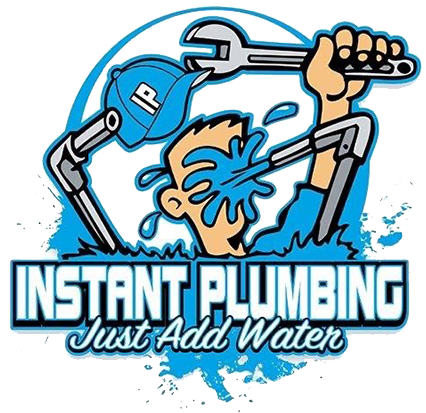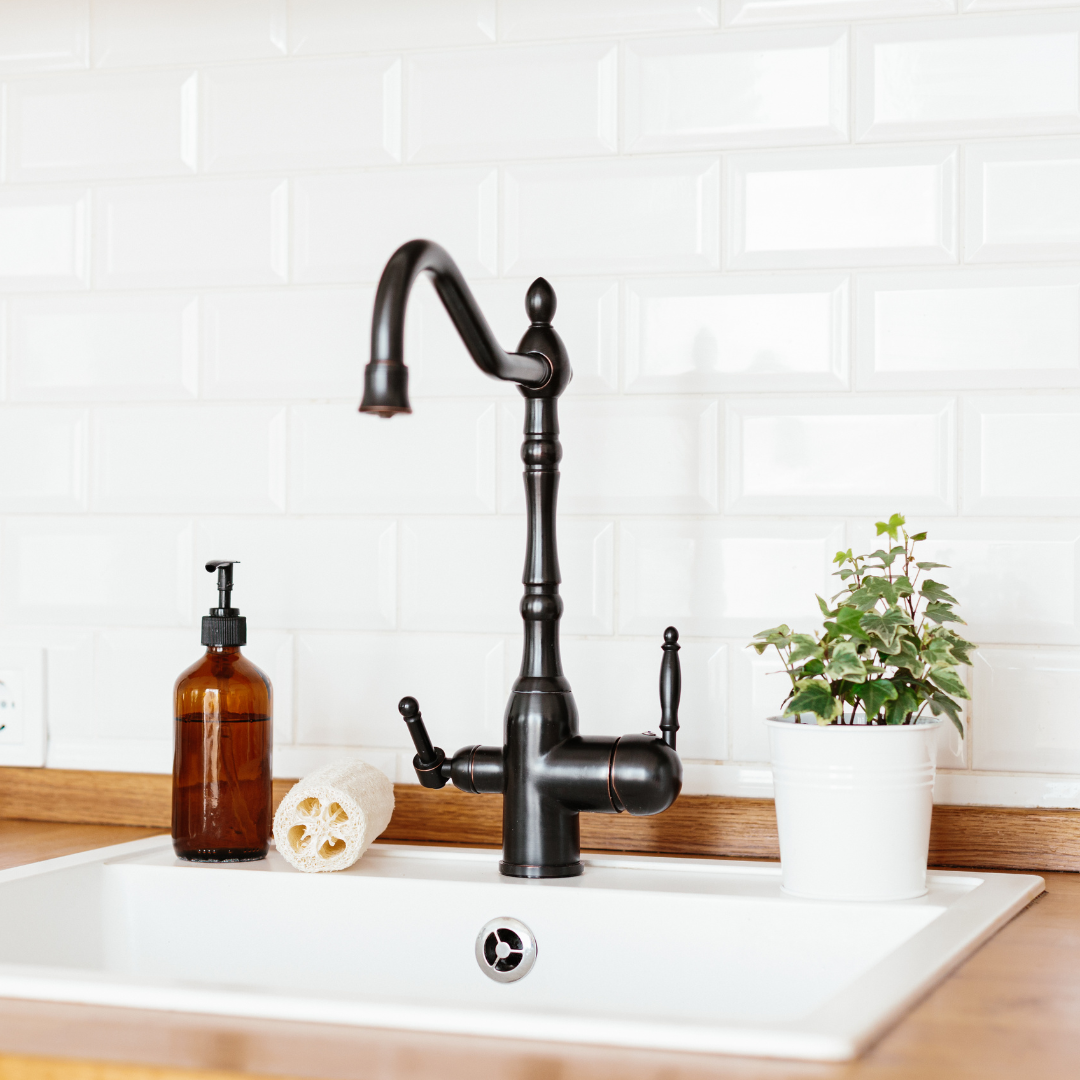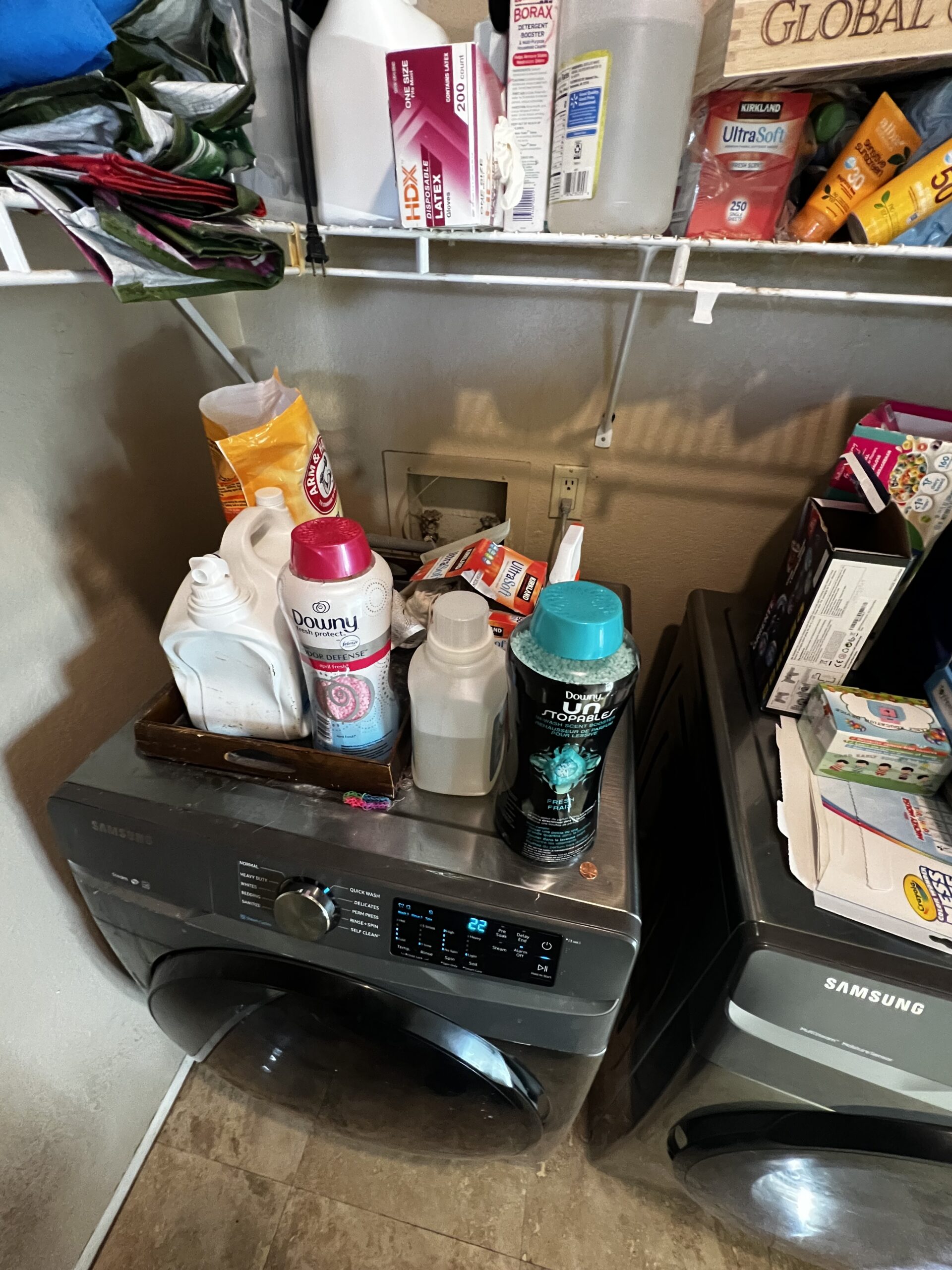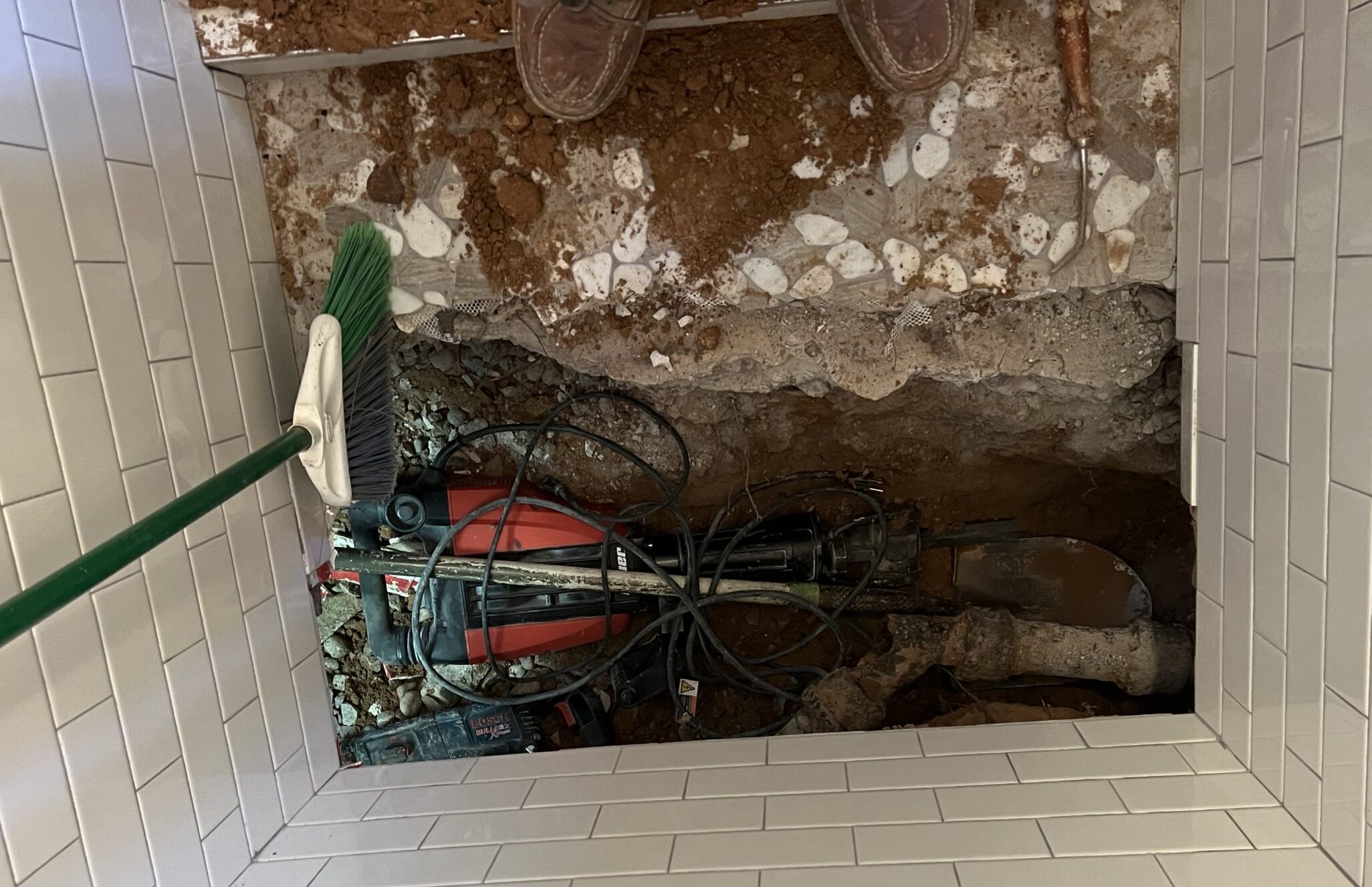Have you ever turned on your shower and found the water pressure either too weak or surprisingly strong? It’s not just an annoyance; fluctuating water pressure can be a sign of deeper plumbing issues. Let’s dive into what causes these changes in water pressure and how you can fix them.
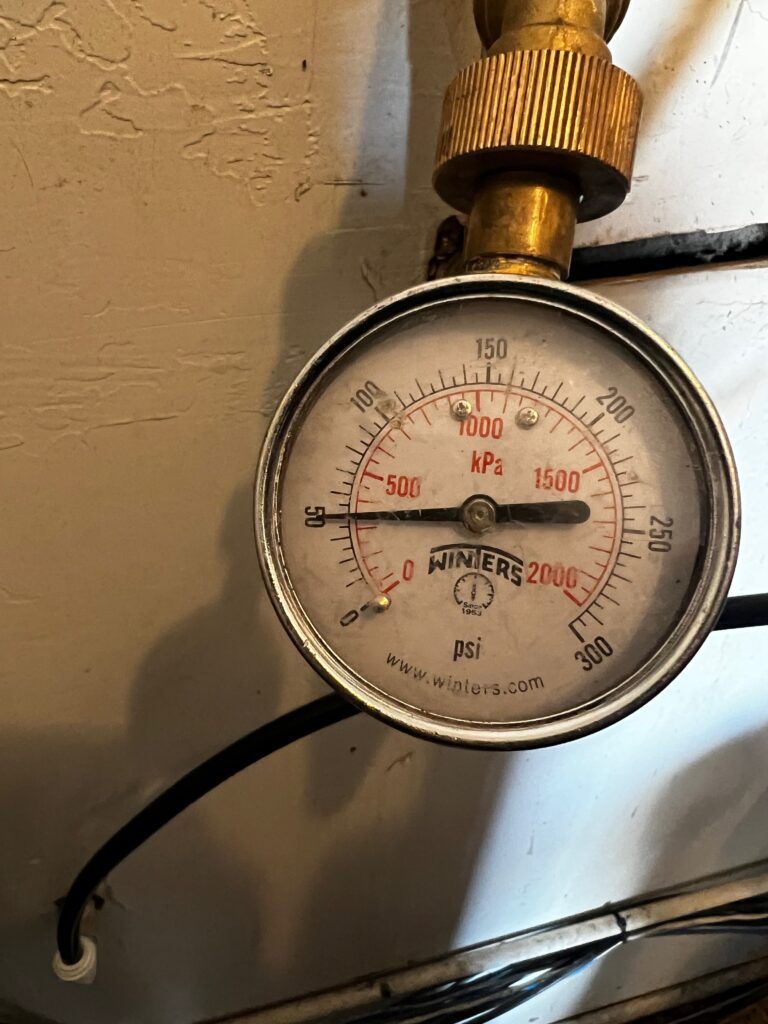
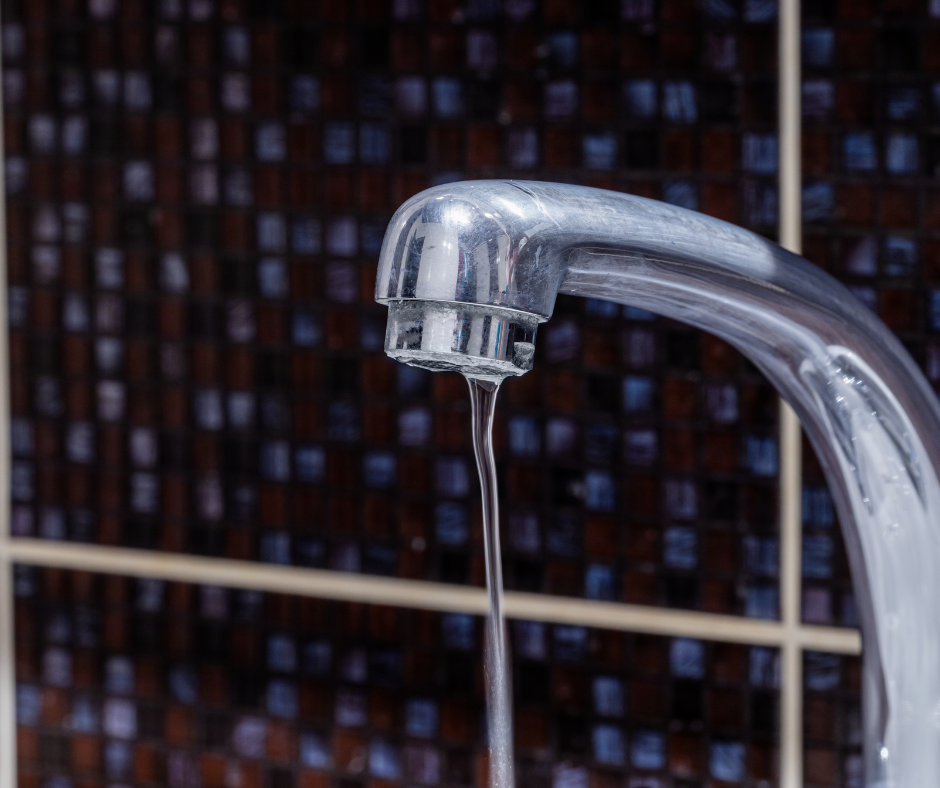

Why Does Water Pressure Change?
- Clogged Pipes: Over time, mineral deposits, rust, or debris can build up in your pipes, narrowing the path for water flow. This buildup often leads to reduced water pressure.
- Corroded Plumbing: Older homes with steel or galvanized pipes might experience corrosion inside the pipes, which can restrict water flow and affect pressure.
- Faulty Pressure Regulator: Homes equipped with a pressure regulator can experience pressure issues if the regulator fails. This device controls the pressure of water entering your home from the main water line.
- Municipal Supply Issues: Sometimes, the problem isn’t in your home but with the city’s water supply. Variations in the main supply can cause fluctuations in your home’s water pressure.
- Leaks: One of the most common reasons for a sudden drop in water pressure is a leak. If there’s a break in your pipes, water escapes before reaching your faucet, leading to lower pressure.
How to Fix Fluctuating Water Pressure
- Inspect for Leaks: Regularly check your home for signs of leaks. Look for wet spots on walls, ceilings, or floors, and listen for the sound of running water when all taps are off.
- Clean or Replace Aerators: The aerator on your faucet can get clogged with sediment. Cleaning or replacing it can improve water flow.
- Check the Pressure Regulator: If you have a pressure regulator, have it checked to ensure it’s functioning correctly. A faulty regulator can cause both high and low water pressure.
- Descale or Replace Pipes: For homes with hard water, descaling the pipes can remove mineral buildup. In cases of severe corrosion, replacing the pipes might be necessary.
- Consult with Your Municipality: If you suspect the issue is with the main water supply, contact your local water department. They can provide information on any known issues or work being done that might affect water pressure.
- Install a Water Pressure Booster: If low water pressure is a consistent issue, a water pressure booster pump can be installed to increase the flow of water.
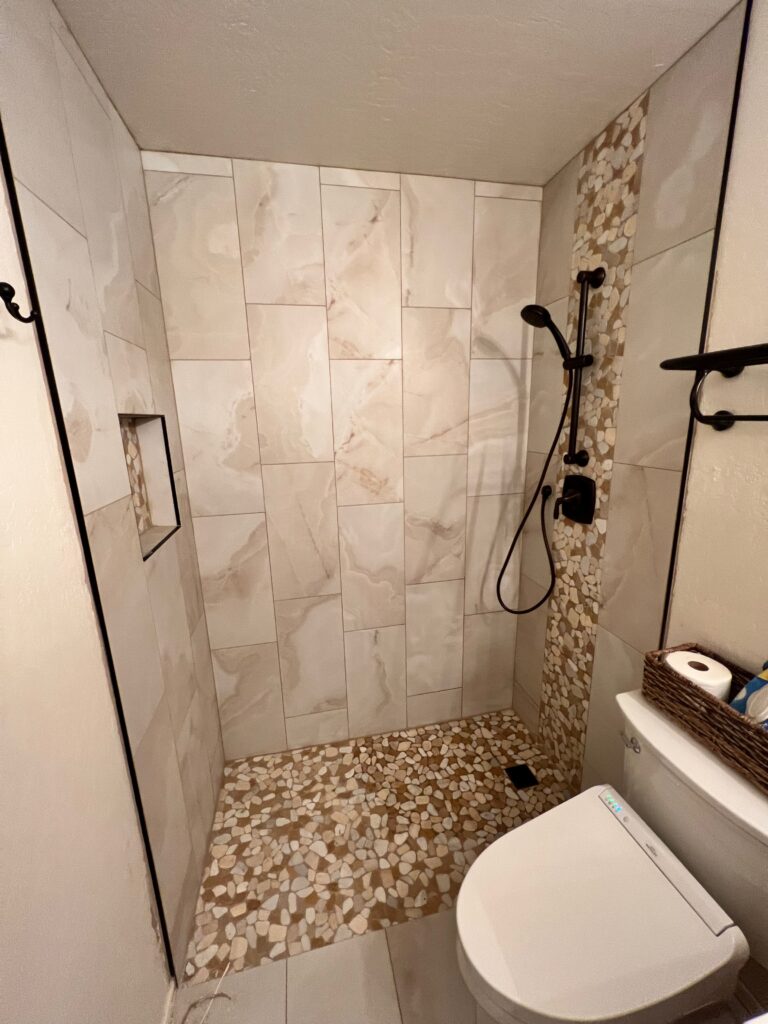

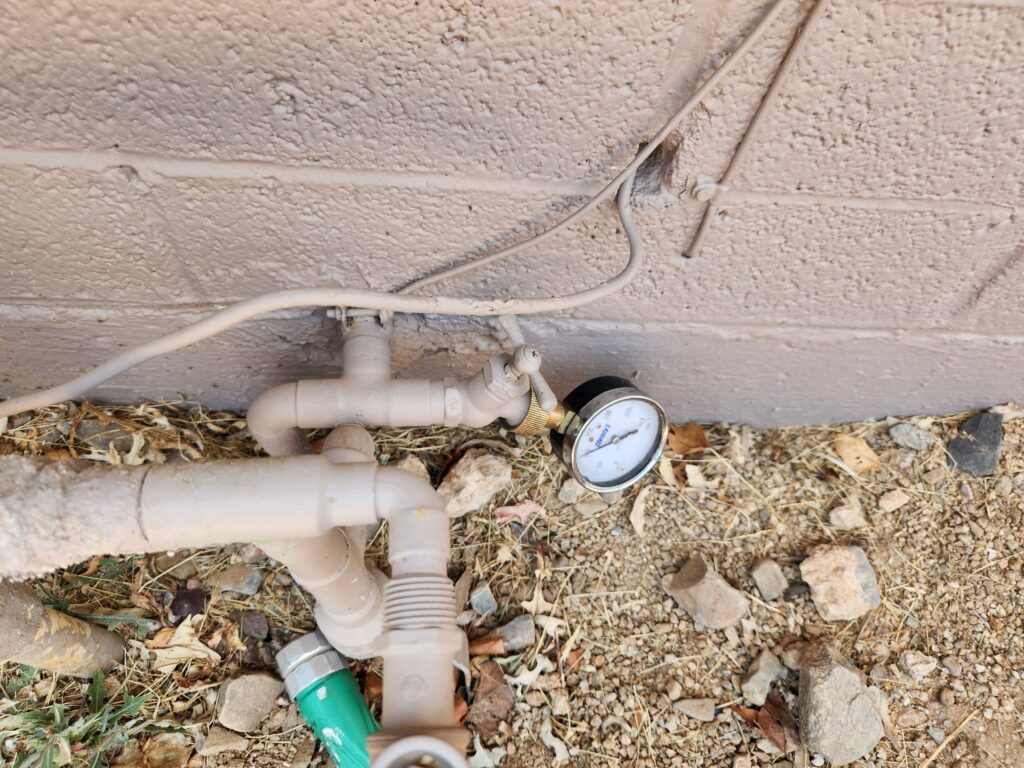

When to Call a Professional
While some fixes are straightforward, like cleaning an aerator, others require professional expertise. If you’re unsure about the cause of your water pressure issues or how to fix them, it’s best to call in the pros. At Instant Plumbing and Rooter, we have the tools and expertise to diagnose and resolve your water pressure problems effectively.
Remember, consistent water pressure is not just about comfort; it’s also about ensuring the health and longevity of your plumbing system. Don’t let fluctuating water pressure disrupt your daily routine. Reach out to us, and let’s get your water flowing just right.
Frequently Asked Questions
Q: How can I tell if my home has a pressure regulator?
A: A pressure regulator is usually located where the main water line enters your home, often near the water meter. Look for a bell-shaped device; that’s a common design for pressure regulators.
Q: What are the signs of a clogged aerator?
A: If your faucet’s water flow is weak or uneven, or if water is spraying in different directions, these are signs that your aerator might be clogged with sediment.
Q: Can fluctuating water pressure be harmful to my plumbing system?
A: Yes, it can. Constant high pressure can strain your pipes and fixtures, leading to leaks or breaks, while low pressure can affect the efficiency of your appliances and heating systems.
Q: Is it expensive to install a water pressure booster?
A: The cost can vary depending on the type and size of the booster system needed for your home. It’s an investment, but for homes with consistently low water pressure, it can significantly improve the quality of life and functionality of your plumbing system.
Q: Should I attempt to fix fluctuating water pressure issues myself?
A: Simple tasks like cleaning aerators can be done yourself. However, for more complex issues like leaks, pipe corrosion, or pressure regulator problems, it’s safer and more effective to call a professional plumber.
